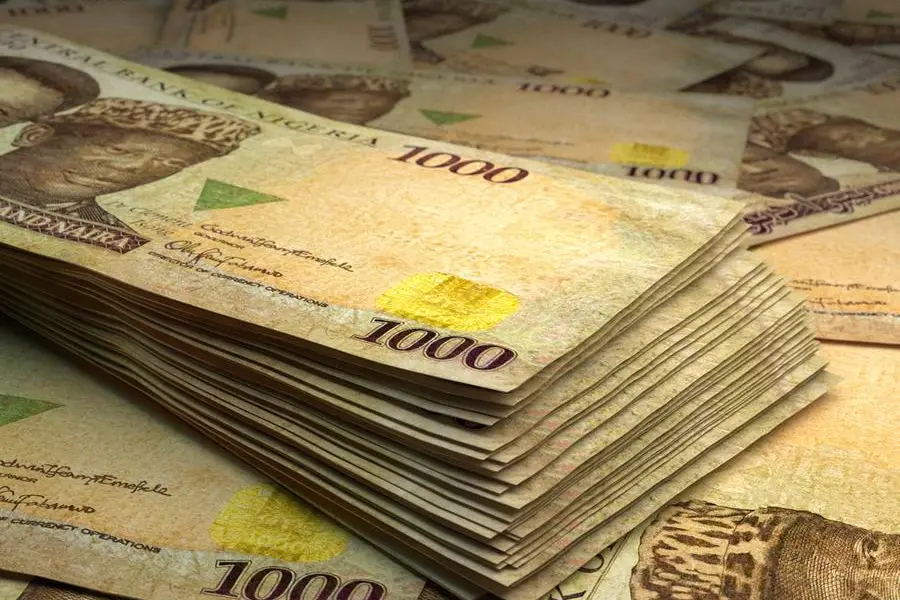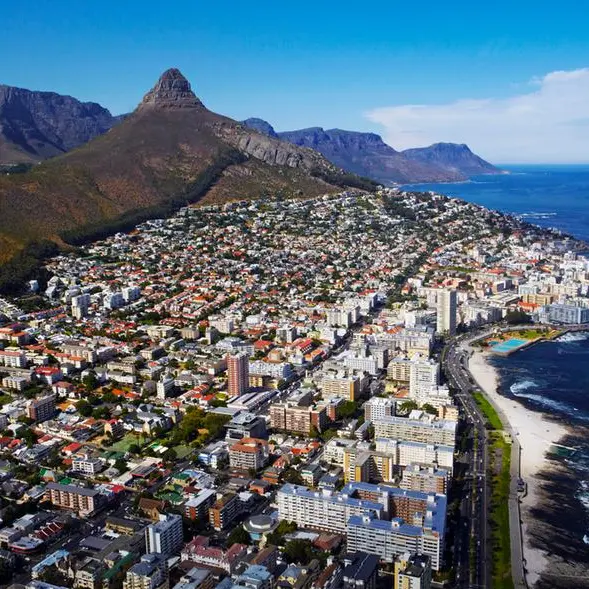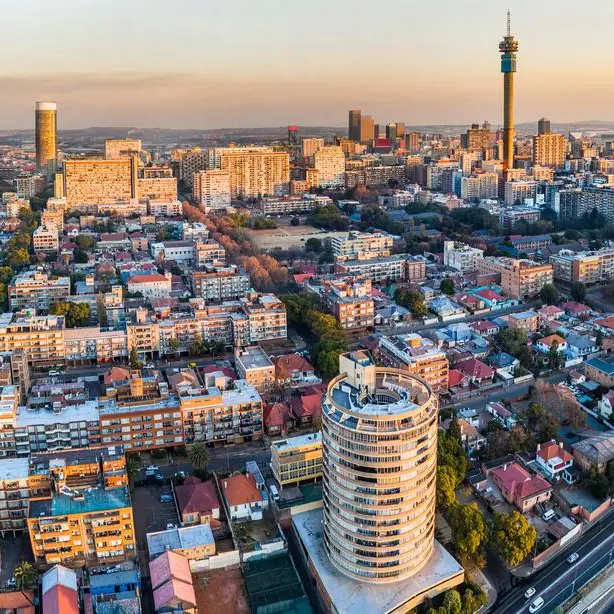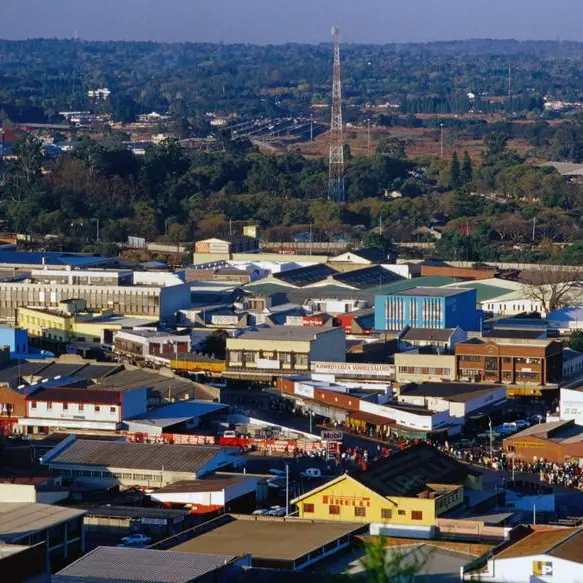PHOTO
OVER the years, Nigerians have been confronted with the steady rise of inflationary trends. However, the developments in recent times are disturbing and they call for urgent action. The National Bureau of Statistics (NBS) recently announced an inflation rate of 22.91 percent for February 2023, representing an increase on the 21. 82 percent rate recorded for January 2023. Amid the uncertainties faced by Nigerians over the scarcity of the recently redesigned naira notes, the inflation rate rose in January after recording a fall in December. According to the NBS, the headline inflation rate rose to 21.82 percent compared to the December 2022 headline inflation rate which was 21.34 percent. The January 2023 inflation rate showed an increase of 0.47 percent points compared to the December 2022 inflation rate.
This month, in a hawkish move, the Central Bank of Nigeria’s (CBN) Monetary Policy Committee, while retaining other variables such as the cash reserve ratio and liquidity at 32 percent, raised the Monetary Policy Rate to 18 percent from the previous 17.5 percent. That means that the MPR has already been raised on two occasions this year alone. According to the CBN Governor, Mr. Godwin Emefiele, the decision was reached as part of the measures to stem rising inflation. But experts offering a word of caution to the CBN have argued that raising the MPR would not in itself tame inflation if the factors behind inflationary pressures were not addressed. Their argument is that increased interest rate would also lead to price increase since manufacturers and investors would pass the burden of the high cost of loans to the consumers of their goods and services. We concur.
It cannot but be disturbing that in 2022, every quarter witnessed an increase in the inflationary rate. The situation has not come as a surprise though given the rising cost of energy and food items. The real trouble is that the ugly trend will subsist because of the monopoly on oil imports. Inflation means reduction in income or revenue, and it is a no-brainer that with reduction in income or revenue, people become poorer, which means that the Federal Government must act decisively on the twin issues of energy and food crisis. High energy cost reduces the production capacity of industries. At best, they are forced to maintain the production capacity with negative consequences for the prices of their products.
To be sure, the government is well aware of the fact that the country has been on an inflationary trend for some time on account of the increasing prices of food items and the high cost of energy partly traceable to the Russia-Ukraine war. And with the rising cost of food and energy, it has been difficult for Nigerians to survive with income remaining static or even falling. This is the ugly condition under which Nigerians have been reproducing themselves, a haunting scenario that has engendered increasing poverty. The government has to address the galloping inflation in the land by working to stem the increasing food prices occasioned largely by a downward trend in food production. If farmers are unable to get to their farms due largely to the activities of bandits and kidnappers that are let loose by governmental inaction and ineffectiveness, then it is a given that they cannot produce food.
This same context has made real production and manufacturing to slow down in the country. It is therefore imperative for the government to provide a more congenial and conducive environment for production and farming. It must be seen to be addressing the root causes of inflation in the country. There must be a sense of urgency around the government’s action given that the current situation can easily precipitate social unrest. Nigerians deserve a respite from the increasing obliteration of their lives by poverty. It is the responsibility of the government to help ensure this by stopping the persisting rise in inflation.
Copyright © 2022 Nigerian Tribune Provided by SyndiGate Media Inc. (Syndigate.info).





















